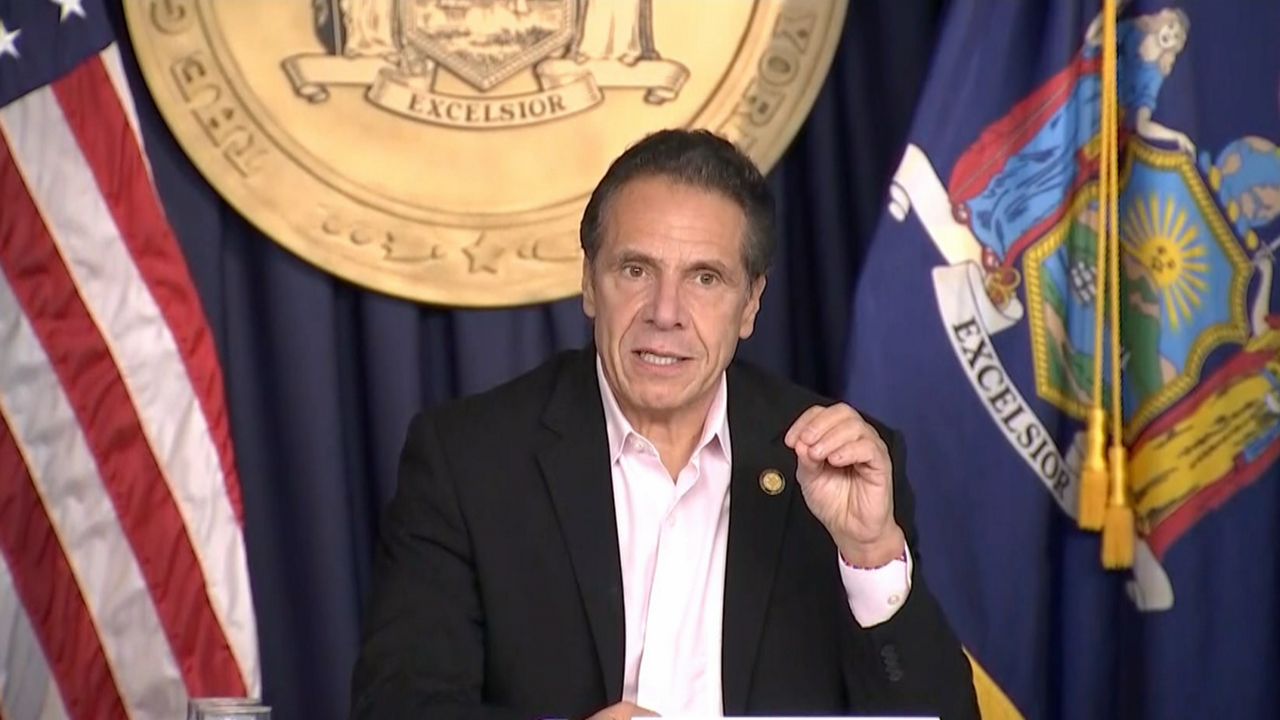The governors of New York, Connecticut and New Jersey in a joint statement issued Tuesday evening clarified the latest travel rules, strongly discouraging non-essential trips between the three states as coronavirus cases are on the rise.
The statement issued by Gov. Andrew Cuomo, New Jersey Gov. Phil Murphy, and Connecticut Gov. Ned Lamont came after a day of conflicting messages over the status of New York's travel quarantine.
Travelers arriving in New York from states that have fallen under the quarantine are required to isolate themselves for two weeks to avoid the spread of the virus. The quarantine generally has not applied to trips that take less than 24 hours.
And that's where neighboring states fall into question: Commuters and signficant economic activity is conducted between the states.
In the statement, the governors noted the economic ties for the region.
"Our states have worked together successfully in combating this pandemic since the beginning and we'll continue to do so," they said in the statement.
"The travel advisory was designed to keep our respective states safe, with the understanding that we are a connected region, dependent on each other when it comes to commerce, education, and health care. We're urging all of our residents to avoid unnecessary or non-essential travel between states at this time, but will not subject residents of our states to a quarantine if coming from a neighboring state. New York, New Jersey, and Connecticut have among the lowest infection rates in the country because we have based our approaches to controlling the spread on science and data, and we will continue to do so."
A Cuomo administration official on Tuesday also clarified that Pennsylvania, a neighboring state that has a significant border with New York, also falls under the same category: A quarantine is not in effect, but non-essential travel is being discouraged.
New York is seeing COVID cases increase in "clusters" found in Queens and Brooklyn, as well as parts of the Hudson Valley and Southern Tier.
Cuomo has said the state wants to focus on reducing the positive cases in these areas by taking precautionary steps like closing schools and non-essential businesses there without affecting broader gathering spaces statewide.



